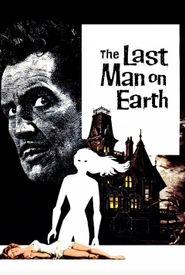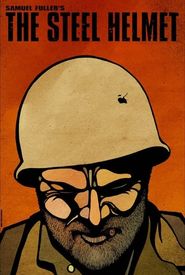Robert L. Lippert, the son of a hardware store owner in Alameda, California, was born shortly after the turn of the century. As a young man, he showed little interest in his father's business, instead becoming enthralled with the new fascination of moving pictures. He began working odd jobs in the local movie house, eventually making his way into the projection room. During this period, he made numerous improvements to the projectors and developed new variations, many of which are still on display at the Alameda County museum.
As the mid-1940s approached, Lippert owned an extensive chain of theaters in California and Oregon. Around 1948, he decided to begin making his own pictures to show in his theaters. His first film, "Last of the Wild Horses" (1948),was also the only one he ever directed. He went on to produce and release hundreds of movies from the late 1940s through the mid-1950s. Movie fans knew that when they saw the "Lippert Pictures" logo on the screen, they were in for something different.
During this period, Lippert released some real classics, including "Rocketship X-M" (1950),"Little Big Horn" (1951),"The Steel Helmet" (1951),and "The Tall Texan" (1953),among others. In 1956, Lippert made a deal with 20th Century-Fox to finance and distribute his pictures, although under the newly created "Regal Films" label rather than "Lippert Pictures". Under this arrangement, he turned out a string of low-budget westerns and crime thrillers, virtually all of which made money for both Lippert and Fox.
Despite being a "B" movie producer, Lippert gave talented directors like Samuel Fuller and Charles Marquis Warren their starts, and while many of his pictures were routine, there were definitely some gems scattered among them. He died in 1976.



















